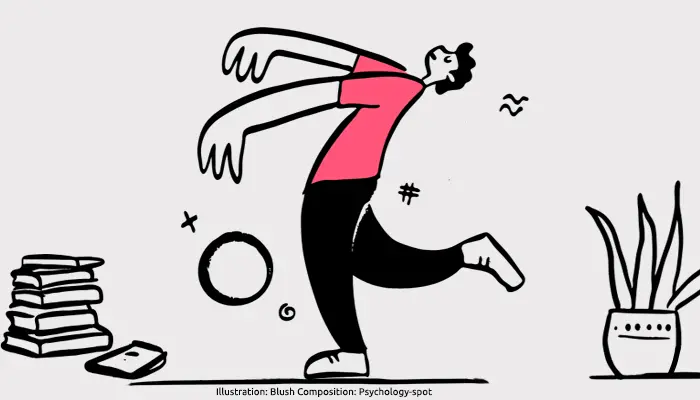
There are people who, before the sun rises, they had breakfast, cleaned the house and organized the day. But for most of the people, getting up with the first rays of the sun is a feat. In fact, some people are just the opposite: they are much more efficient and productive at night.
In this respect, science has created two opposing groups: the early risers (larks), who wake up early and take advantage at most of the morning, and the vespers (owls), whose yield increases during the day. Recently, a new study conducted at the Research Institute of Molecular Biology and Biophysics of the Russian Academy of Sciences revealed that in reality there is much more behind these chronotypes and that certain people should never get up early in the morning.
“Lethargic” and “energetic” people
These researchers looked at 130 people who had to stay awake for 24 hours in order to analyze their energy level. So they found out that there are people who can spend the whole day with a low energy level, classified as “lethargic”, while others could remain more active despite sleep deprivation and no matter what time they’d wake up , the latter were classified as “energetic”.
These new categories indicate that for people with less energy would be detrimental to rise early. In fact, their problem would be due to the fact that their circadian rhythm is not well synchronized with the natural light-dark cycle.
In essence, the sun light is a kind of natural clock that stimulates our body to stop producing melatonin, the hormone that causes sleep. So we can maintain an adequate level of attention during the day. On the contrary, when the light ceases, the levels of melatonin increases and we get slowly dozed.
In the early risers and energetic people, the peak of greatest activity comes mostly at midday, when sunlight is most intense. However, the vespers or lethargic would not be so well synchronized with the cycle of light, so their performance would increase slowly during the day.
These differences are due, among other factors, to our DNA. According to a research conducted at the National Center of Neurology and Psychiatry in Tokyo, the PER-3 gene, one of the genes of our biological clock, determines the propensity to get up sooner or later, as well as our energy levels throughout the day.
Why should you know and adapt your rhythm to your chronotype?
Knowing your chronotype allows you to work at your own natural circadian pace, which has an influence not only on your productivity but also on your mood and health. In fact, it has been shown that when there is a mismatch of the circadian rhythm the person is more likely to suffer from obesity, diabetes and certain cancers. Also, taking advantage of the moments of greater productivity will allow you to do more with less effort, which will have a positive effect on your mood.
In fact, the circadian rhythm is so important that some doctors at the hospital Paul Brousse in Paris have come to affirm that chemotherapy should be applied according to this cycle because we know that the cells of some types of lymphoma tend to multiply more between 9 and 10pm. In contrast, the intestinal cells tend to do so at 7am and those of the bone marrow at noon. Therefore, if the chemotherapy is applied in these moments, it will be more effective and less toxic.
Sources:
Pulitov, A. A. et. Al. (2015) How many diurnal types are there? A search for two further “bird species”. Personality and Individual Differences; 72: 12-17.
Hida, A. et. Al. (2014) Screening of Clock Gene Polymorphisms Demonstrates Association of a PER3Polymorphism with Morningness–Eveningness Preference and Circadian Rhythm Sleep Disorder. Scientific Reports; 4: 6309.
Lévi, F. et. Al. (2007) Implications of circadian clocks for the rhythmic delivery of cancer therapeutics. Adv Drug Deliv Rev; 59(9-10):1015-1035.



